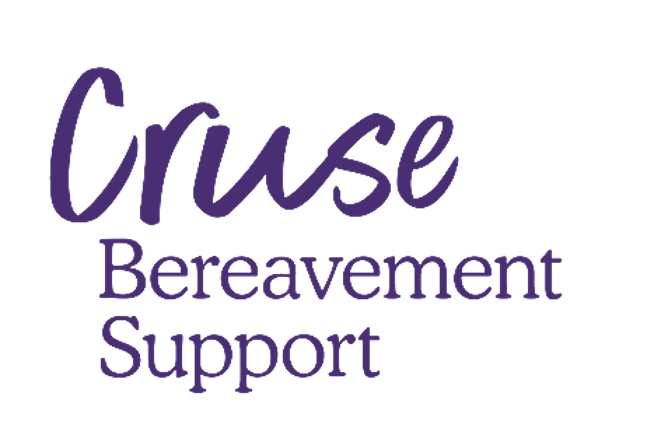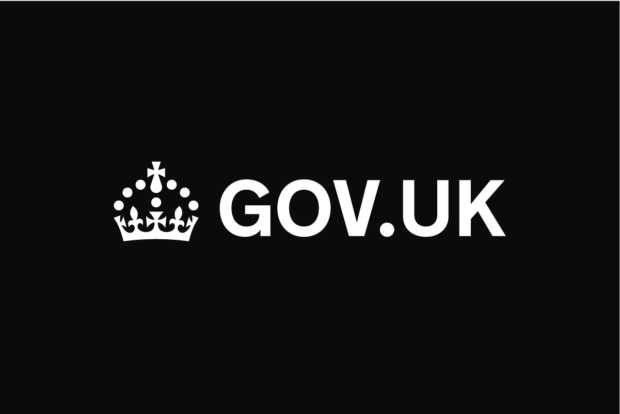Where do I begin with arranging a funeral?
Arranging a Funeral
This advice applies to England. For guidance in Northern Ireland, Scotland, or Wales, please seek relevant information.
You will typically arrange a funeral if you are:
- A relative
- A close friend
- An executor named in the will (e.g., a solicitor)
If no one is available to arrange the funeral, the local or health authority will organise a simple funeral.

How to arrange a funeral
Most funerals are organised through a funeral director. You can usually choose from various options depending on your budget.
A simple funeral typically includes:
- A plain, lined coffin
- Transporting the body to the funeral director’s premises
- Caring for the body until the funeral (this generally excludes embalming)
- A hearse to transport the body to the nearest crematorium or burial site
- Pallbearers to carry the coffin
You can also inquire about additional services the funeral director provides, or explore options with other providers.
Additional services may include
- Flowers
- A more expensive coffin or fittings
- A medical certificate is required for cremation, including any doctor's fees for signing it
- Burial or cremation fees (burial fees often include the cost of preparing the grave)
- Embalming
- A memorial (e.g., headstone or plaque)
-Catering arrangements
Funeral planning
Ensure that the funeral director is a member of a professional association, such as the National Association of Funeral Directors or the Society of Allied and Independent Funeral Directors. These organisations uphold codes of practice and provide complaints procedures. Some local authorities also run funeral services in partnership with local funeral directors.
If you wish to compare costs, you can contact multiple funeral directors or crematoriums. If you don’t yet have a written estimate, you can use standard price lists to compare services.
You may be required to sign a contract with the funeral director. Read it carefully and ask any questions if you’re unsure about any terms.
You can search for a funeral director on the Funeral Directors Register website.
If you prefer not to use a funeral director, you can make arrangements directly. The Cemeteries and Crematorium Department of your local council can provide assistance. Find your local council on GOV.UK.
You can also reach out to the Natural Death Centre, a charity that offers free advice on funerals.
Natural Death Centre
Phone: 01962 712 690
Email: contact@naturaldeath.org.uk
Address: The Hill House, Watley Lane, Twyford, Winchester, SO21 1QX
Website: www.naturaldeath.org.uk
If you are arranging the funeral, you are responsible for paying the costs.
First, check if the deceased had an insurance policy to cover funeral expenses.
If there is money in the deceased’s bank accounts, you can ask the bank to pay for the funeral. Even if the bank has frozen the accounts, the funeral costs can be paid once you provide the final invoice to the bank.
If you prefer, ask the funeral director if you can wait to pay until the deceased’s financial matters have been sorted.
You may be eligible for financial support if the deceased was:
- Under 18 years old
- A baby stillborn after 24 weeks of pregnancy
Check what assistance is available through the Children’s Funeral Fund. You do not need to be receiving benefits to claim this help.
If the deceased was receiving a war disablement pension, Veterans UK (part of the Ministry of Defence) may assist with the cost of a simple funeral. For more information, visit GOV.UK.
You may be able to receive help if you are receiving certain benefits. Applications must be made within 6 months of the funeral. For more details, check GOV.UK for information on how to apply for funeral cost assistance.
Please note, any financial help may only cover some of the funeral costs. For example, you may receive assistance for the cremation fee, but you will still need to cover other costs, such as embalming.
If you are receiving benefits and the funeral is for a close relative, you may be eligible for a Budgeting Loan to cover travel expenses.
If the person arranging the funeral is on benefits, you may be able to apply for a Funeral Expenses Payment to help with travel costs. Check GOV.UK for eligibility and further details.
Ensure that the funeral director is a member of a professional association, such as the National Association of Funeral Directors or the Society of Allied and Independent Funeral Directors. These organisations uphold codes of practice and provide complaints procedures. Some local authorities also run funeral services in partnership with local funeral directors.
If you wish to compare costs, you can contact multiple funeral directors or crematoriums. If you don’t yet have a written estimate, you can use standard price lists to compare services.
You may be required to sign a contract with the funeral director. Read it carefully and ask any questions if you’re unsure about any terms.
You can search for a funeral director on the Funeral Directors Register website.
If you prefer not to use a funeral director, you can make arrangements directly. The Cemeteries and Crematorium Department of your local council can provide assistance. Find your local council on GOV.UK.
You can also reach out to the Natural Death Centre, a charity that offers free advice on funerals.
Natural Death Centre
Phone: 01962 712 690
Email: contact@naturaldeath.org.uk
Address: The Hill House, Watley Lane, Twyford, Winchester, SO21 1QX
Website: www.naturaldeath.org.uk
If you are arranging the funeral, you are responsible for paying the costs.
First, check if the deceased had an insurance policy to cover funeral expenses.
If there is money in the deceased’s bank accounts, you can ask the bank to pay for the funeral. Even if the bank has frozen the accounts, the funeral costs can be paid once you provide the final invoice to the bank.
If you prefer, ask the funeral director if you can wait to pay until the deceased’s financial matters have been sorted.
You may be eligible for financial support if the deceased was:
- Under 18 years old
- A baby stillborn after 24 weeks of pregnancy
Check what assistance is available through the Children’s Funeral Fund. You do not need to be receiving benefits to claim this help.
If the deceased was receiving a war disablement pension, Veterans UK (part of the Ministry of Defence) may assist with the cost of a simple funeral. For more information, visit GOV.UK.
You may be able to receive help if you are receiving certain benefits. Applications must be made within 6 months of the funeral. For more details, check GOV.UK for information on how to apply for funeral cost assistance.
Please note, any financial help may only cover some of the funeral costs. For example, you may receive assistance for the cremation fee, but you will still need to cover other costs, such as embalming.
If you are receiving benefits and the funeral is for a close relative, you may be eligible for a Budgeting Loan to cover travel expenses.
If the person arranging the funeral is on benefits, you may be able to apply for a Funeral Expenses Payment to help with travel costs. Check GOV.UK for eligibility and further details.
Frequently Asked Questions
To arrange a funeral, start by choosing a funeral director who can guide you through the process. Decide whether you prefer a burial or cremation, and select a venue for the service. Plan the details, such as readings, music, and flowers.
The funeral director will help coordinate all aspects, including legal documentation, transportation of the body, and the ceremony itself.
The cost of a funeral varies depending on the services you choose. Basic expenses include the funeral director’s fees, burial or cremation costs, and fees for the service venue.
Additional costs may include funeral flowers, obituary notices, and transportation. It’s important to discuss your budget with the funeral director, who can provide a detailed breakdown of costs and help you make informed decisions.
Its important to know that you do not have to have a funeral. If the person who has died expressed a wish to not have a funeral, then its perfectly acceptable to not have one.



